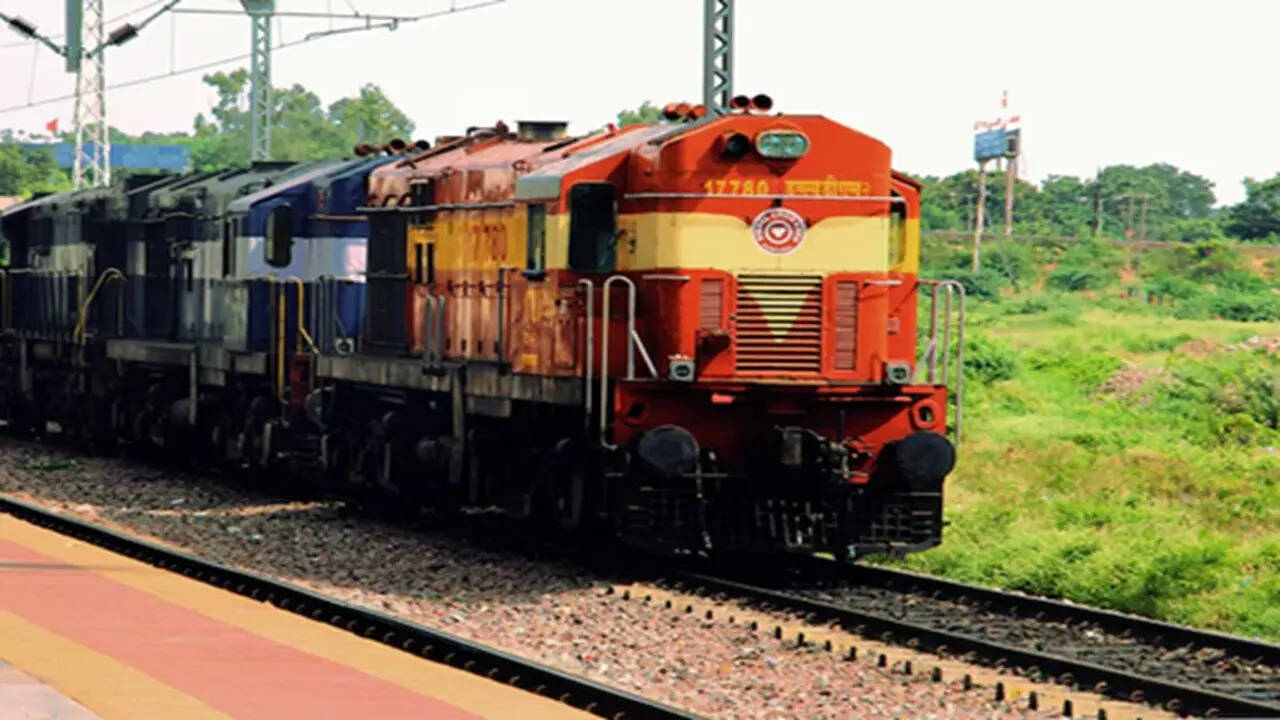In a sweeping modernisation effort aimed at curbing accidents and easing congestion, the Indian Railways is preparing to overhaul its century-old train control systems—the backbone of the world’s fourth-largest railway network—senior officials confirmed on Thursday. The Railway Board will chart out a new blueprint anchored in advanced decision-support technology to improve traffic control, enhance safety and boost operational efficiency. The modernisation plan, which comes amid rising concerns over delays and accidents, will focus on replacing outdated, manually managed systems with an integrated, tech-driven approach. “This would render a focused attention to operational technicalities involved in freight-intensive corridors, and high-speed and mixed traffic routes,” a senior railway official told ET. The new framework will revolve around a centralised command centre integrating all departments responsible for train operations. This hub will be equipped with state-of-the-art decision-making tools to optimise train movements, plan routes, and manage emergencies more effectively. Officials noted that while the Railway Board will draw lessons from railway systems in Japan, Russia, Germany, Switzerland, France and Spain, any model implemented must be customised for India’s complex network. “Complex multi-line operations, proliferation of long-haul freight trains, semi-high-speed trainsets and multiplicity of types of rolling stock have complicated operations exponentially,” said an official familiar with the planning process. The urgency for reform was heightened after a spate of serious accidents exposed systemic weaknesses in the current control systems. In response, the Railway Board formed a dedicated committee to propose reforms in traffic management and control. Currently, train control operations remain largely manual and fragmented, placing significant pressure on controllers who are often overwhelmed by dense traffic and inadequate technological support. “Traffic control is the nervous system of Indian Railways, but it was becoming a dumping ground for staff who lacked training or incentive despite a crushing workload,” said Chandan Chaturvedee, retired chief controller of Indian Railways. Chaturvedee, who represented the traffic control cadre before the Railway Board’s reform committee, believes the new plan could transform a historically neglected part of the railway’s workforce. “These reforms will ensure the long-standing demands of this crucial department are met,” he added. The upcoming reforms are expected to prioritise the deployment of real-time monitoring tools, predictive algorithms for congestion management, and AI-assisted planning to reduce human error. However, the Railway Board has ruled out adopting one-size-fits-all systems from abroad due to India’s distinct operational needs. A senior official summed up the challenge: “Ready-made systems cannot be imported as Indian Railways’ operations are uniquely complex. Any solution has to be tailored to Indian conditions.” The final recommendations from the reform committee are expected later this year and may be phased into operation over the next decade, pending budgetary and technical clearances.
